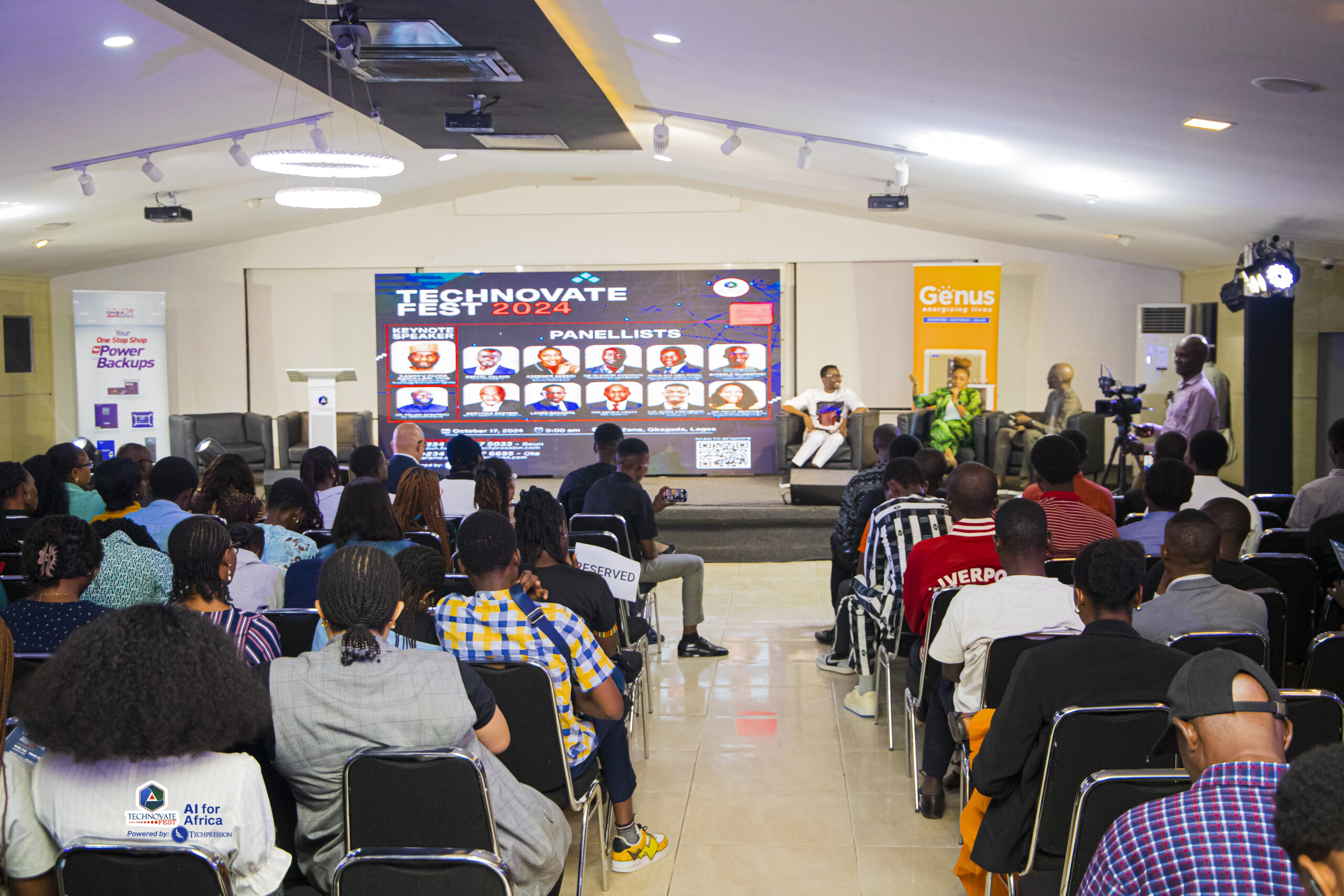As part of the 2025 Cybersecurity Awareness Month, the National Information Technology Development Agency (NITDA) and internationally renowned tech giant Cisco have issued an application call for free cybersecurity training.
This program aims to close the digital skills gap and protect Nigerians from growing cyberthreats by offering free online courses taught by experts.
NITDA and Cisco’s Cybersecurity Training Initiative
The program, which was unveiled on October 22, 2025, provides Nigerians with access to critical cybersecurity education that will equip them to combat the growing threat of cybercrime.
According to NITDA, Nigeria loses billions annually due to cyber attacks, making this training “a timely opportunity for enthusiasts and professionals alike” to boost their digital defences.
The agency states that the collaboration with Cisco is essential to creating a strong digital workforce and pledges to continue its goal of integrating technology widely throughout the nation.
Five must-apply courses for Cybersecurity skills
Applicants can enrol in five distinct courses, tailored to various skill levels, from beginners to professionals. These courses include:
1. Introduction to Cybersecurity
2. Cyber Threat Management
3. Endpoint Security
4. Network Defence
5. Ethical Hacking
Participants completing the program will receive certificates, gain practical experience, connect with cybersecurity experts, and benefit from career mentorship.
How to apply and eligibility
To apply, candidates must be Nigerian nationals who can commit to the online schedule. Applications are open until October 31, 2025, emphasising the urgency to seize this chance to improve cybersecurity expertise. Interested candidates can apply at tinyurl.com/NTCYTraining25. NITDA and Cisco advocate spreading the call to create a safer digital environment nationally.
This cybersecurity training program illustrates NITDA’s commitment to preventing cybercrime through international collaboration and skill development. This initiative not only empowers individuals but also fortifies Nigeria’s digital economy.

















